Libya : Peace Process At Snail Pace
- Par Eldickson Agbortogo
- 08 Jul 2022 12:20
- 0 Likes
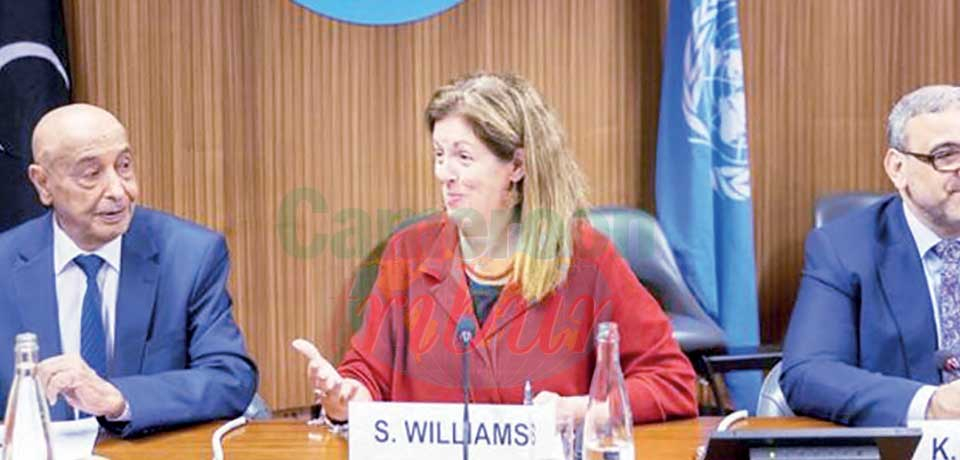
Despite several efforts within and out of the country by international institutions, the two camps are holding strong to their positions.
In 2011, hundreds of Libyans went to the streets to express their anger against the way things were managed in the country under the then leader Mouammar Kadhafi. The protests with the influence of external powers degenerated to an arm struggle leading to the assassination of the country’s leader. Since then, the numerous peace efforts in (Algeria, Cairo, Geneva, Paris Istanbul, Ethiopia and Brazzaville) have not been able to get things back on rail due to the failure of the post-revolutionary political reconciliation processes. In 2014, the UN vainly attempted to push competing Libyan factions towards a compromise. Different UN special envoys launched processes of reconciliation and accommodation that inevitably collided with a complex matrix of preconditions, disruptive postures by factions and leaders, personal ambitions, regional and international interferences. The Government of National Accord (GNA) in Tripoli, backed by the UN and internationally recognized, has never been accepted by the House of Representatives (HoR) in Tobruk, dominated by General Khalifa Haftar, commander of the self-proclaimed Libyan National Army (LNA), in the eastern part of the country.
Despite the respect of a fragile ceasefire, the failure of any military solution signifies that the parties should return to the negotiating table. This they did after several meetings with December 24, 2021 fixed as the election date. But the date came past without any election because the different parties failed to reach a consensus on the legal framework. Since then, there has been much shooting and talking than action. A few months ago, the crisis witnessed another twist, after the House of Representatives in Tobruk, eastern Libya, appointed former Interior Minister, Fathi Ba?ha?ha as new Prime Minister to replace Abdel Hamid Dbeibah who is internationally recognized. Abdel Hamid Dbeibah, the Prime Minister of the National Unity Government, maintains that he would stay in office and has accused the House of Representatives of deviating from the roadmap laid out in the Geneva agreement. Dbeibah reiterates that he will only entrust the instruments of power to an elected government, but Fathi Ba?ha?ha says he will take up his duties in the capital Tripoli at the earliest opportunity.
Though in the past Libyans have lived with two governments under the leadership of Fayiz es-Sarraj in the west and Abdullah Seni in the east, it...
Cet article complet est réservé aux abonnés
Déjà abonné ? Identifiez-vous >
Accédez en illimité à Cameroon Tribune Digital à partir de 26250 FCFA
Je M'abonne1 minute suffit pour vous abonner à Cameroon Tribune Digital !
- Votre numéro spécial cameroon-tribune en version numérique
- Des encarts
- Des appels d'offres exclusives
- D'avant-première (accès 24h avant la publication)
- Des éditions consultables sur tous supports (smartphone, tablettes, PC)






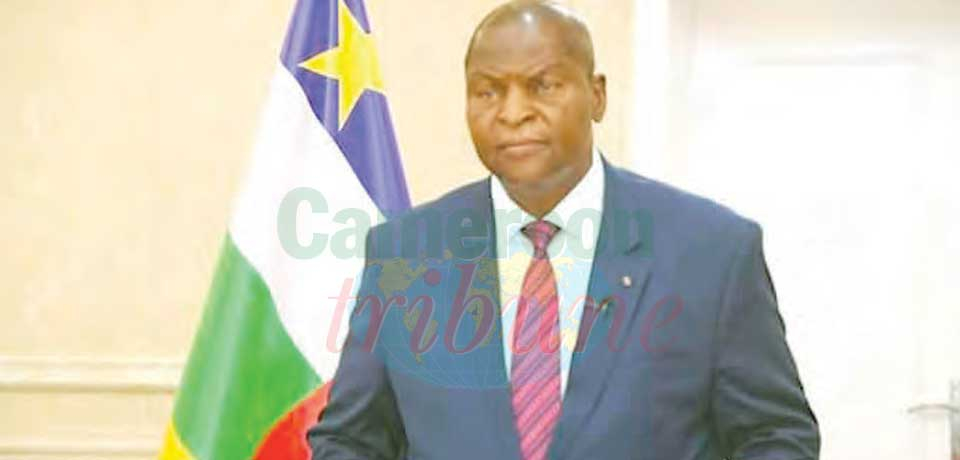
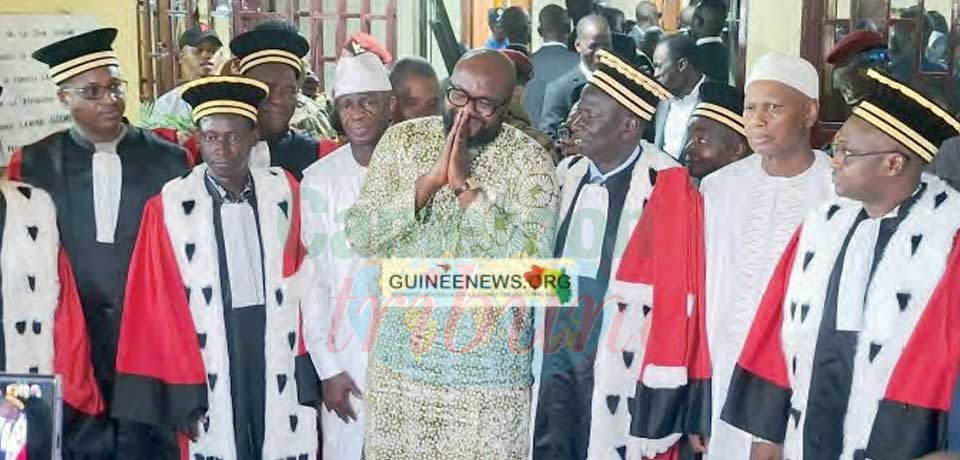
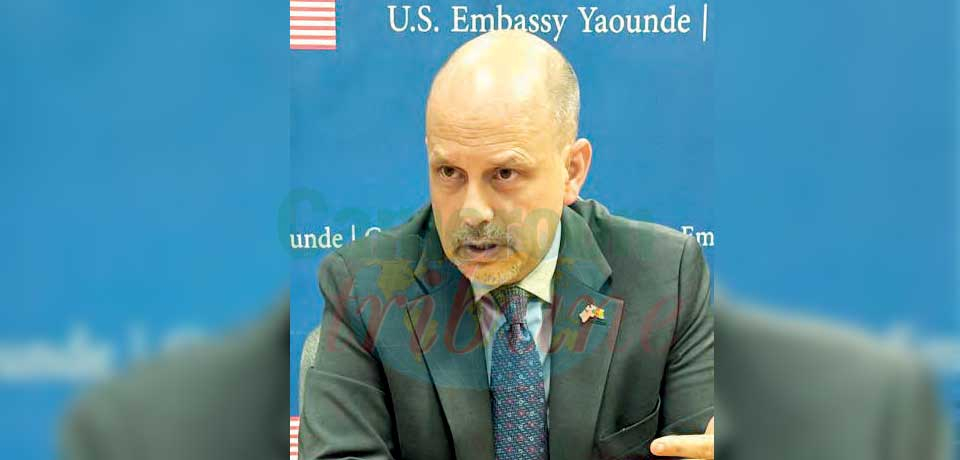
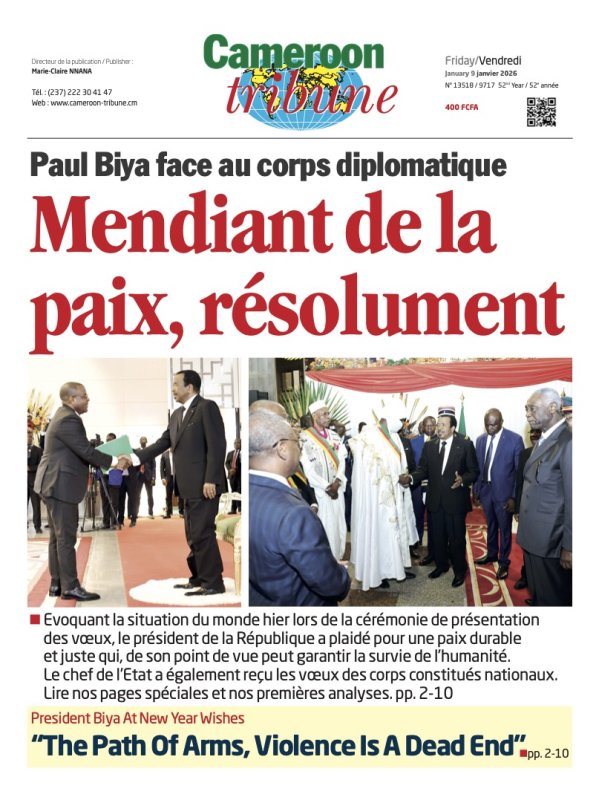




Commentaires